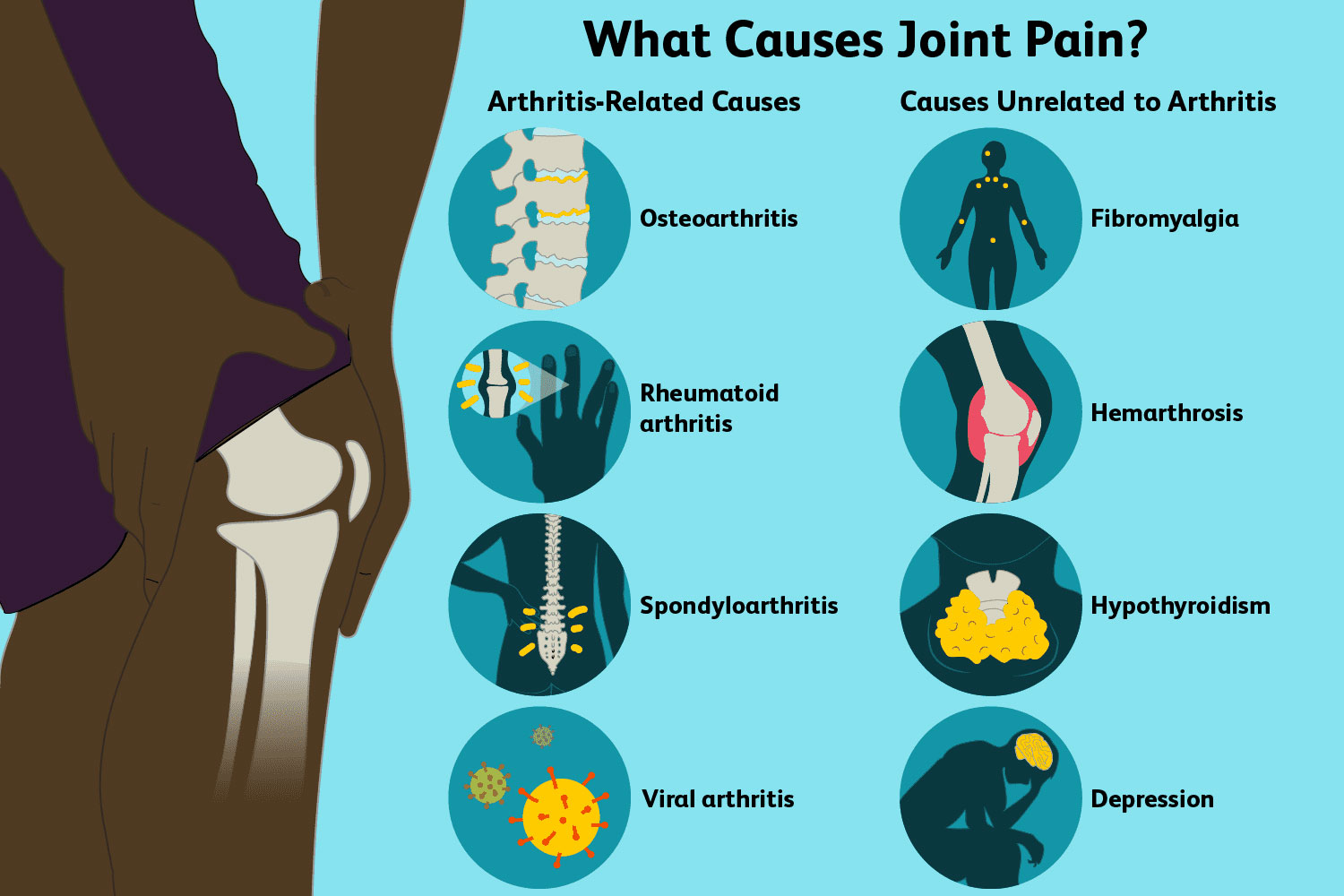Tips For Joint Pain Cure

Tips For Joint Pain Cure
Managing joint pain involves a combination of lifestyle changes, self-care strategies, and, in some cases, medical intervention. Here are some tips for alleviating joint pain:
Maintain a Healthy Weight:
- Excess weight puts strain on joints, particularly the knees and hips. Maintaining a healthy weight can reduce joint stress and alleviate pain.
Exercise Regularly:
- Engage in low-impact exercises like swimming, walking, or cycling to strengthen muscles around the joints. This helps provide better support and reduces joint pain.
Balanced Diet:
- Consume a balanced diet rich in anti-inflammatory foods, such as fatty fish, nuts, seeds, fruits, and vegetables. Omega-3 fatty acids and antioxidants can help manage inflammation.
Stay Hydrated:
- Proper hydration supports joint function and helps maintain the lubrication of joints.
Hot and Cold Therapy:
- Apply heat packs to relax stiff joints and cold packs to reduce inflammation. Alternate between the two as needed.
Joint Protection:
- Use joint protection techniques, such as proper body mechanics and ergonomic tools, to reduce stress on joints during daily activities.
Maintain Good Posture:
- Practice good posture to prevent unnecessary strain on your joints. This is particularly important for those who spend long hours sitting at a desk.
Rest and Relaxation:
- Allow your body time to rest, especially during flare-ups. Adequate sleep and relaxation techniques can help manage stress and improve overall well-being.
Joint Supplements:
- Consider supplements like glucosamine and chondroitin, which may help support joint health. Consult with a healthcare professional before adding any supplements to your routine.
Low-Impact Exercises:
- Choose exercises that are easy on the joints, such as swimming, yoga, or tai chi. These activities can help maintain flexibility and range of motion.
Physical Therapy:
- Work with a physical therapist to develop a personalized exercise program and learn techniques to manage joint pain.
Pain Medications:
- Over-the-counter pain relievers or prescribed medications may be recommended by your doctor to manage pain and inflammation. Always follow the recommended dosage and consult with your healthcare provider.
Joint Injections:
- In some cases, joint injections with corticosteroids or hyaluronic acid may be recommended to reduce inflammation and provide relief.
Orthopedic Supports:
- Consider using braces, splints, or orthopedic supports to provide additional stability and relieve joint stress.
Mind-Body Techniques:
- Practices like mindfulness meditation and relaxation techniques can help manage stress, which may contribute to joint pain.
Always consult with a healthcare professional for personalized advice based on your specific condition. If joint pain persists or worsens, seek medical attention for a thorough evaluation and appropriate treatment.
